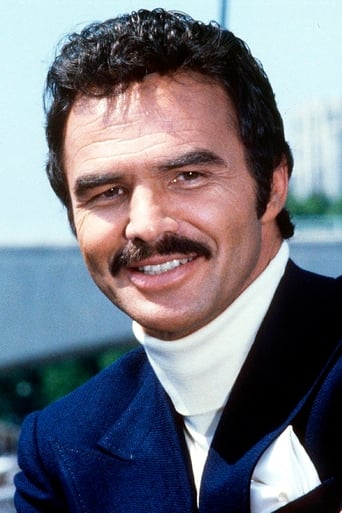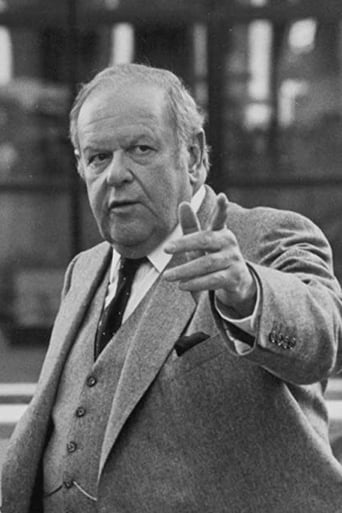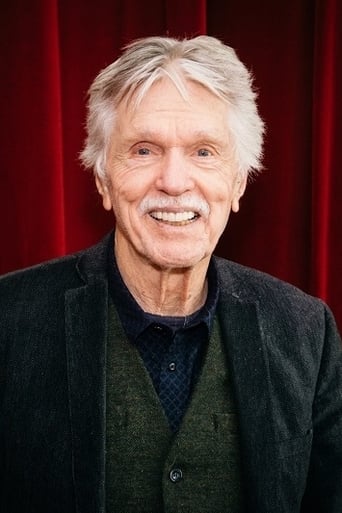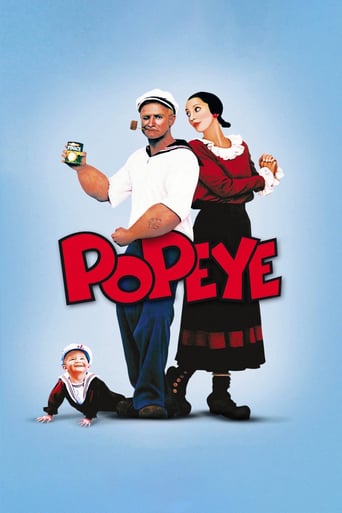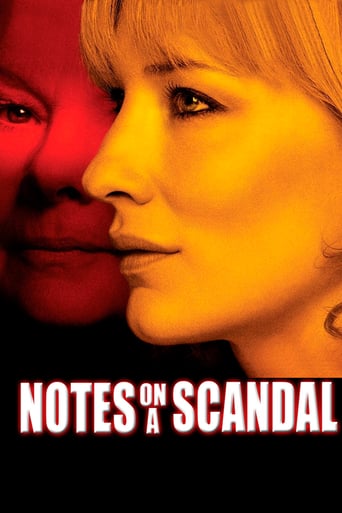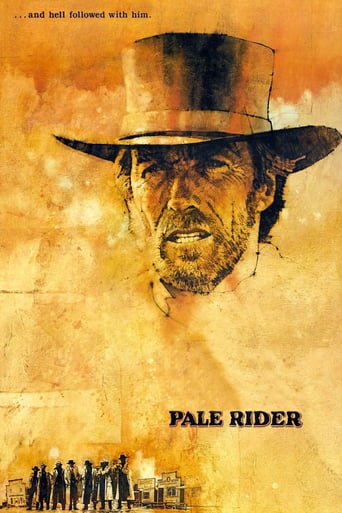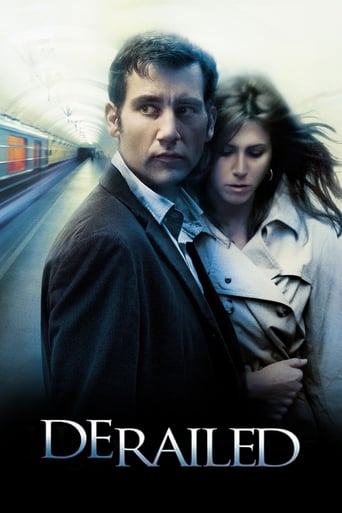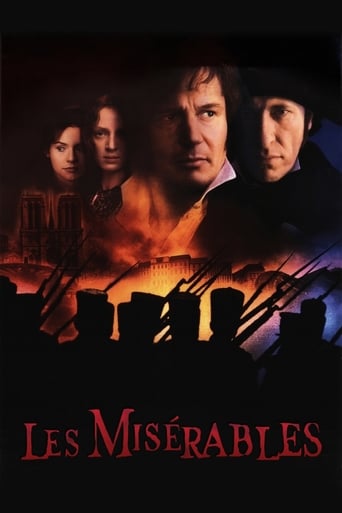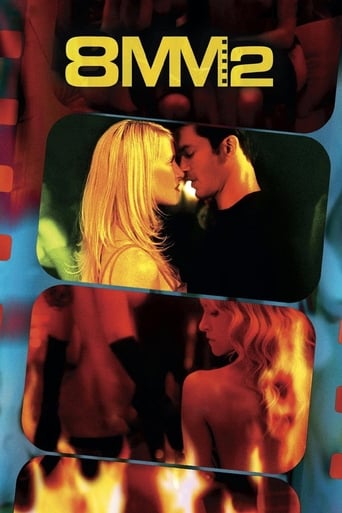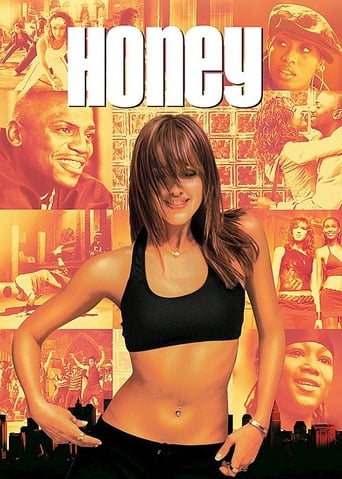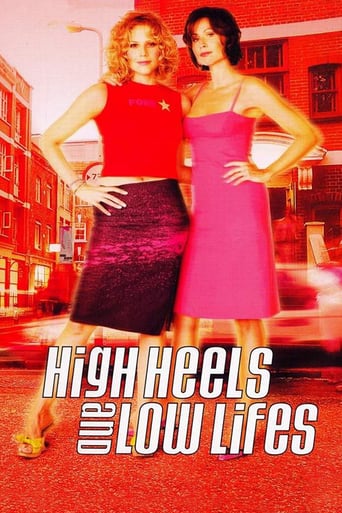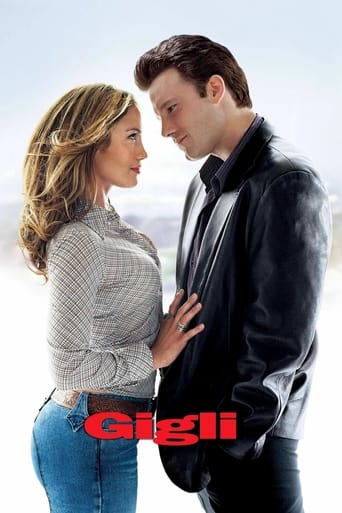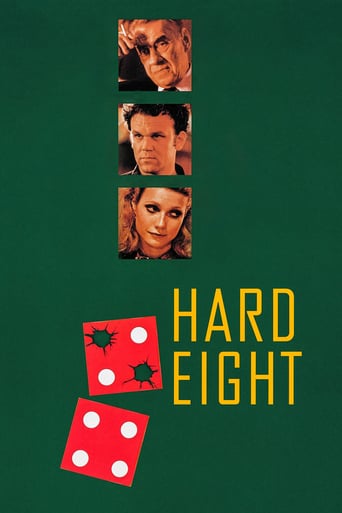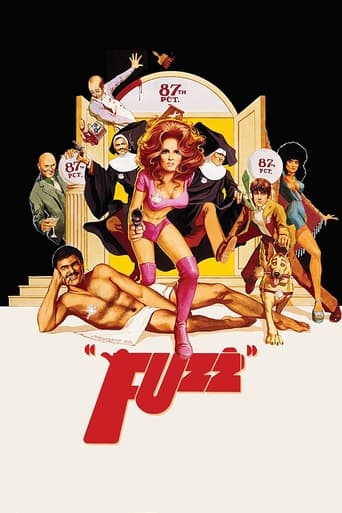
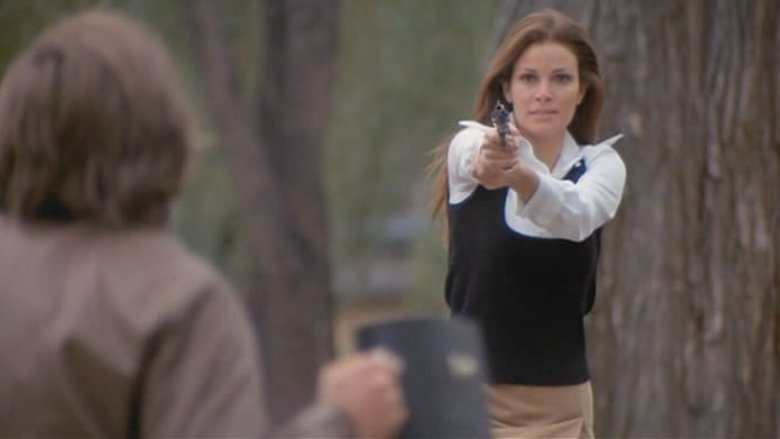
Fuzz (1972)
Police in Boston search for a mad bomber trying to extort money from the city.
Watch Trailer
Cast


Similar titles
Reviews
The complex, yet banal, inner workings of a Boston police department are depicted in this serio-comic film featuring a style that, at times seems similar to that of Robert Altman. Reynolds plays a detective who's going undercover as a bum in order to flesh out attackers who are going around setting homeless drunks on fire. Welch arrives at the precinct as a decoy intended to draw out a serial rapist. As if there isn't enough crime and depravity taking place, a mysterious caller announces that he wants monetary payment or he will kill a city official! When that whole scheme goes awry, the caller increases his demands and moves up the food chain to another official. Detectives Reynolds, Westin, Skeritt , Welch, Inhat and McEachin all take part in various plans to eke out the mastermind before he can carry out his plot. Meanwhile, the office is being repainted by wisecracking oddballs Conforti and Hiken. The various story threads eventually come together in a deliberately coincidental climax. In what is really an ensemble film, Reynolds is low-key and entertaining, his patented smirky humor in place, but tempered by some tender and serious moments. Weston, a vastly underrated actor who excelled at playing nervous and put-upon types, is excellent throughout the film. Skerritt enjoys the playful aspects of his part which include getting stuck in a sleeping bag with Welch (worse things could happen to an actor!) Welch is clearly trying to project something beyond the typical sexpot image she had at the time, something not helped by the exploitive and inaccurate poster (which also promises more than Reynolds is permitted to deliver, though he does have a prominently staged shirtless scene.) Welch and Reynolds, having clashed during "100 Rifles" do not share any scenes to speak of here. Brynner appears as a wealthy, hard-of-hearing man. So bleak, natural and believable are the precinct scenes that when Brynner appears in his more glamorous surroundings, it almost feels cut in from another film (in look and tone, actually!) A mother lode of familiar character actors play various cops, crooks and witnesses. Reynolds, who always had a strong tendency to work with friends and former associates, had worked with Weston on TV years before. He also utilized his then-girlfriend Shore to sing the end credits number. The performers speak in mostly understated tones, over one another and frequently in the middle of activity, increasing the verisimilitude of the piece. The humor is mostly laid back and subtle, but the characters become rather endearing and amusing. This being 1972, political correctness is not always at the forefront! It's not a film that's for everyone, but for fans of the stars and of absurd situational humor, it does have its rewards.
I am not one who likes police or public safety movies because I cannot relate to Hollywood's false renditions thanks to my experience as a cop in a large city. I can say that this was how police a precinct is with minimal exaggerated humor attached. Police stations may never have that many officers or detectives at one time except at shift change, but there was a scene where almost nobody could could be found at the station which was more realistic. I liked how the movie gave us a lot of different cops, unlike typical movies which show the same one or two cops doing all the work without any collaboration of anyone else. The movie even portrayed police as average boneheads, unlike the unrealistic super brains or Dirty Harry hard-asses usually portrayed in movies. I actually laughed through the movie. I was able to relate more with the cops in this movie than those on "Law and Order" or "CSI".Now the movie was too short to unfold the characters better. I had hoped the cops would actually solve the case and prove they were not "inept" as "The Deaf Man" called them, but that was not to be. All was solved by consequence when all the main perps came together by chance. But, then again, only on TV or in the movies do the police solve all their crimes. I found the movie "Mother, Jugs, and Speed", a cult classic among ambulance people to this day, to be similar in humor.
Not bad. It's fun and features Burt Reynolds and Raquel Welch in their prime...although they share very little screen time together. The plot involves a group of unorthodox Boston policemen (and Welch) trying to nail the "deaf man," who's been setting off bombs around the city. It's not very suspenseful and it's not very imaginatively directed, but the cast keeps its afloat. In addition to Reynolds & Welch, there's the reliable Tom Skerritt, Jack Weston, and Alex Rocco (as an office painting Greek chorus!) --- They're all terrific. The really odd, and most notable thing about FUZZ, is the truly bizarre casting of Yul Brynner as the villain. It's such a small and thankless role, it's a wonder the Oscar winner even took it. He doesn't even have time to strut around with his hands on his hips!
Burt Reynolds is so laid-back in this picture I thought he might fall over. He, Jack Weston and Tom Skerritt are cops at the Boston Precinct trying to stop a serial killer from blowing up more politicians, Yul Brynner is the bad guy who knows just what clueless cops these guys are, and Raquel Welch is the new badge in the building (the guys humiliate her for awhile, but she's tough and proves her merit). This is a routine cop comedy with dramatic and sometimes violent overtones, not unlike "MASH" (which it attempts to emulate in its cynicism). It was moderately popular in theaters in 1972 mainly because Burt Reynolds had just posed for Cosmo magazine and the ads and the movie one-sheet played that up. I liked Welch's scenes defending herself in the office (where she's been unceremoniously dumped at a desk) and the climactic moments are well done. The end vocal by Dinah Shore is a wonderful bit (Burt was dating her at the time). But that very last shot is perplexing: there's no explanation for it, and I'm sure it left audiences baffled. It's an artistic shot, done with humor, but considering what happens before it, it makes no logical sense. **1/2 from ****


